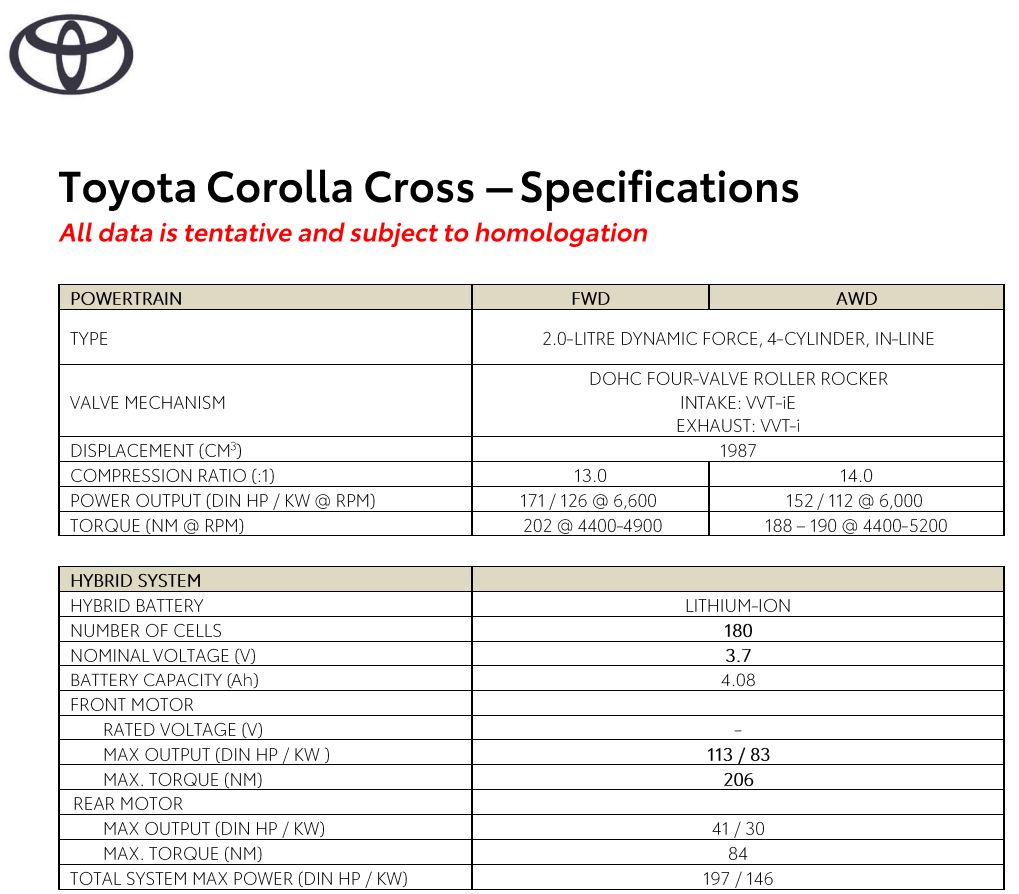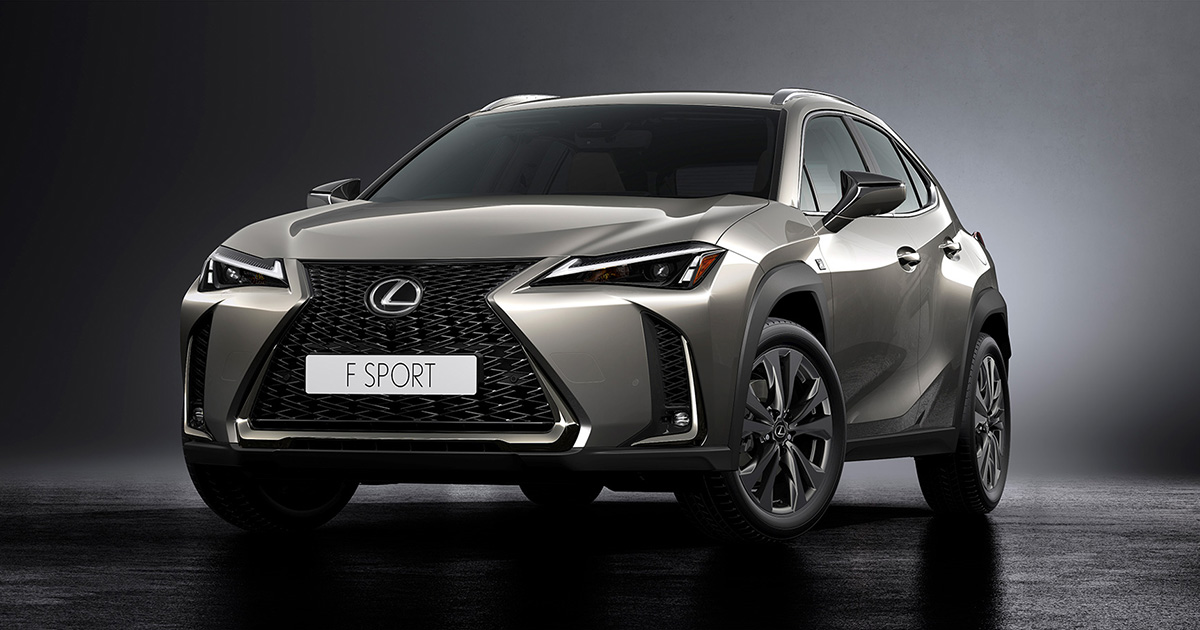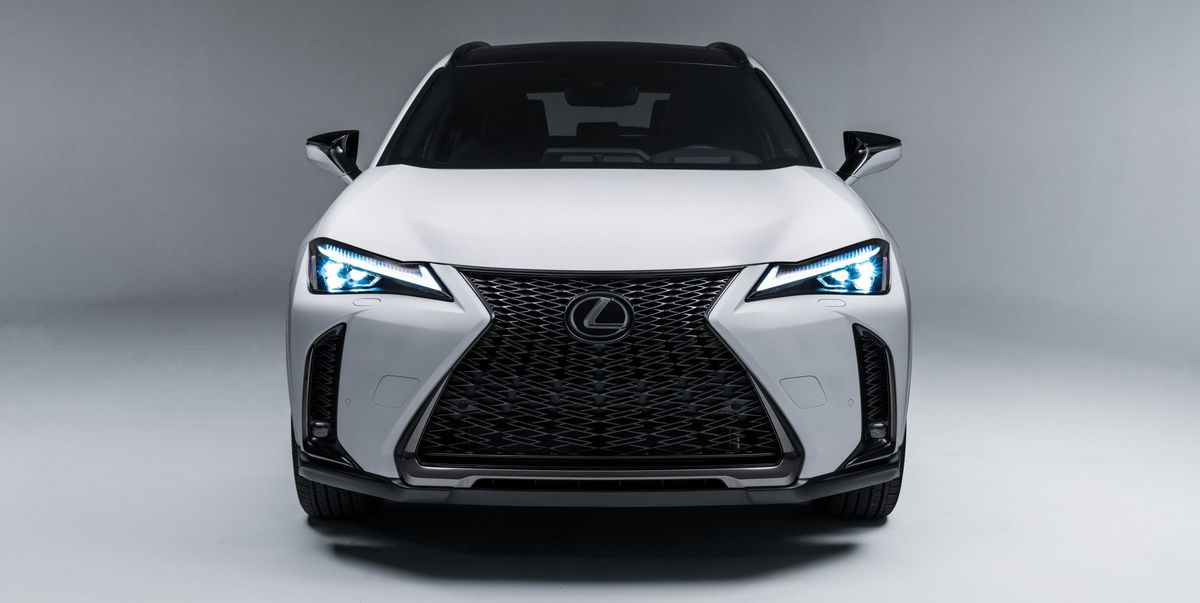Growth will be rapid, but at what point (market share/penetration) will growth slow down? 90%, 70%, 50%? And in which regions? Which zones, urban/rural?
Even if some cities ban non-ZEVs from entering by 2025, countries ban non-ZEVs by 2030 / 2035, there will still be a lot of used non-ZEVs that can be purchased.
Value proposition for EVs is great as long as the battery warranty is intact and gasoline prices keep inching up. Not one single manufacturer talks about battery refurbishment/replacement though Tesla does offer them at $22K for the S and $16K for the 3. Not sure if battery material costs increasing will make battery replacements more expensive soon.
I don't know why some EV fanatics are thinking current Li-ion batteries can easily last 15 years and beyond when even the tried and true NiMH on Toyota hybrids usually conk out before 15 years are over though I think the warranty on the HV battery is 15 years in UK and maybe in other parts of Europe. Some brag about little degradation but they're not calculating it correctly by looking at the original usable capacity, total capacity and the slow release of the reserve/buffer capacity into the usable capacity.
HV batteries in HEVs are more abused (high charge and discharge rates) but they're not used 100% of the time.
Also if Li-ion batteries can last 20 years, why are so many automaker and battery manufacturers doing R&D and experimenting with lithium metal and solid state batteries? 20 year life is way beyond the eight year warranty so there's really no need to further stretch the life out unless current batteries aren't up to that task.
Sure, lots of prospective buyers care about fast charging time and driving range but really the issue with BEVs right now is the price premium and eventually battery replacement issue. There's just too little data on battery failures, mileage, replacement costs that many are staying on the sidelines. Used BEV prices haven't really come down as much and chip and car shortage has led to a crazy used market. Would love to see some '12 - '14 Model S original batteries go beyond 15 years.
Also the 500-1,000 full charge cycle life is an average. Which means there will be a good part that will last longer, and some that can die sooner. If some cells die and elicit an error, vendors on Tesla Motor Club, suggest replacing defective cells with new ones is not the right solution. I didn't look too much into the right way of fixing battery cell/module issues.






